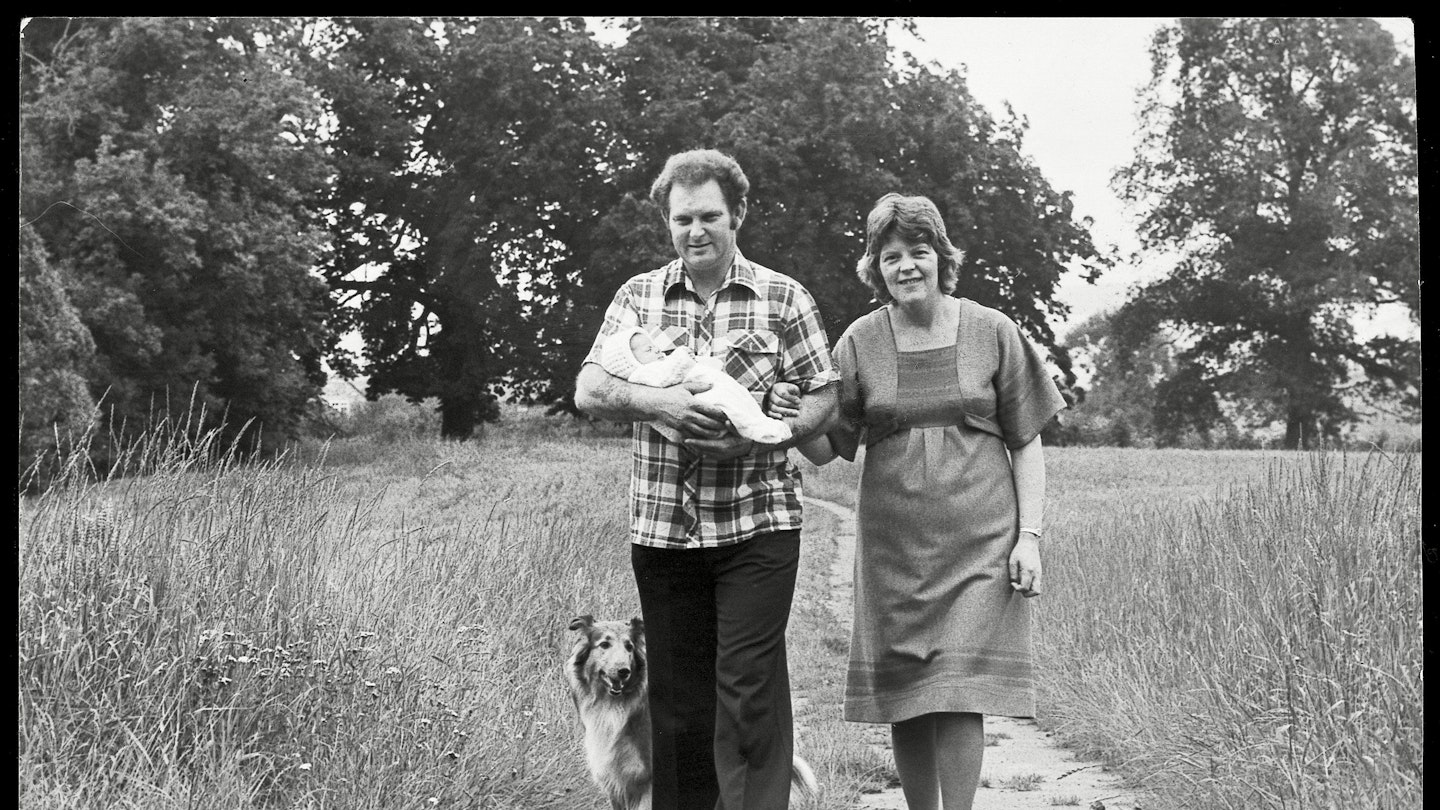Louise Brown turns 40 next week, and as the first baby in the world to be born through IVF, she remains a medical marvel. Yet, 40 years following the global breakthrough right here in Britain, couples find it more difficult than ever to access IVF treatment. Now, Brown herself is speaking out against the unequal access to fertility treatment.
‘It would be good if everyone in the world who needed fertility treatment could get access to it for free or at a cost they can afford,’ Brown told the Mirror, ’in reality it varies depending on where you live and what is available to you. That is the same in the UK as it is in different countries in Europe and different areas of America. I know Bob Edwards wanted it to be for all.’
Sir Robert Edwards, alongside surgeon Patrick Steptoe, successfully pioneered the IVF treatment that led to Brown’s conception, and together Edwards and Steptoe went on to found the first IVF program for infertile patients, also training other scientists in their techniques. Edwards won a Nobel prize in 2010 for the development.
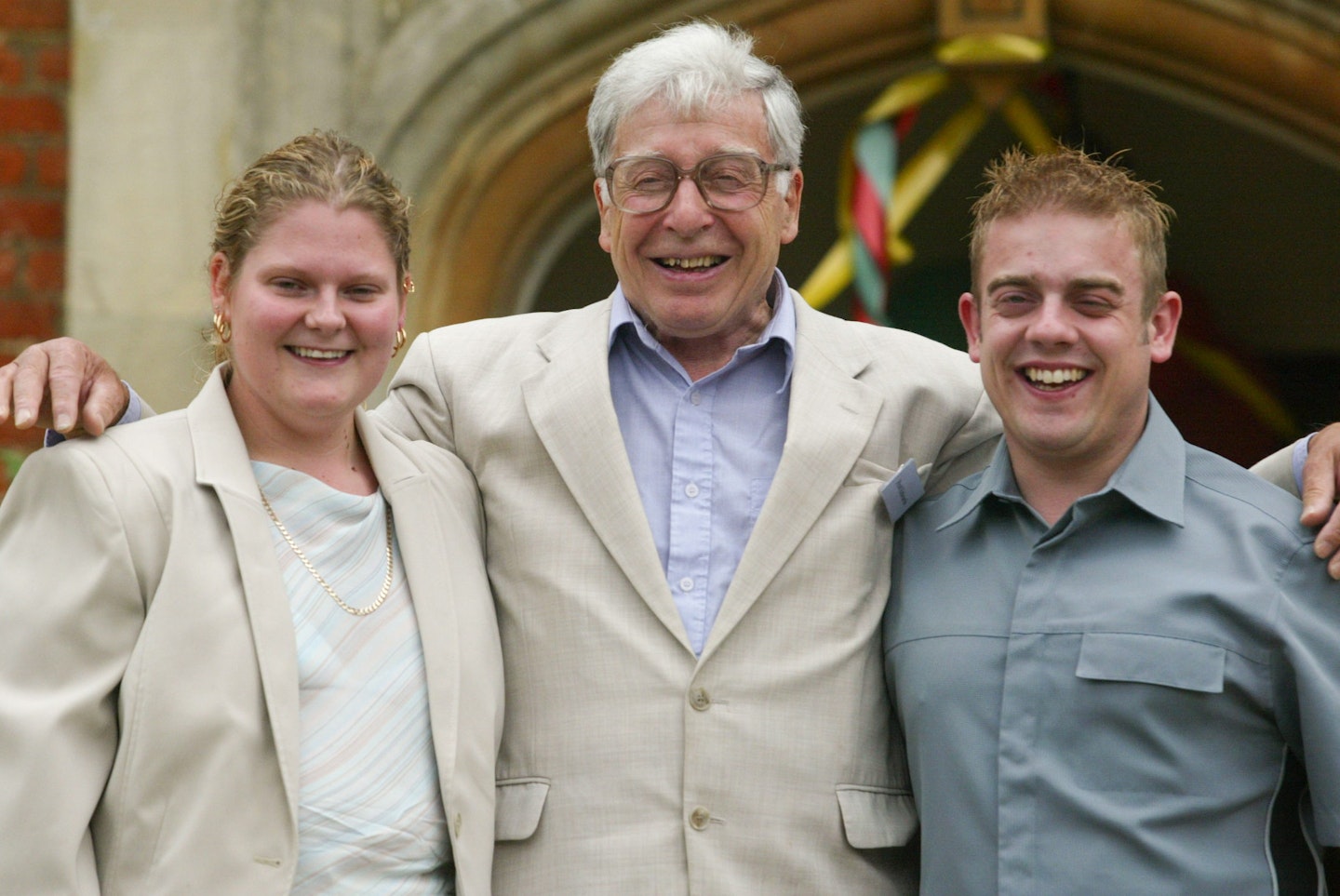
And while he developed the practice to enable couples who couldn’t conceive naturally to have a child, with budget cuts across the NHS, that dream has slowly gave way to an unequal system of access. Despite the National Institute for Health and Care Excellence (NICE) recommending patients have three cycles of IVF, only 11.5% of clinical commissioning groups in England offer all three. In fact, most offer one cycle, some zero.
It’s led to an unfair distribution of fertility treatment, with certain couples having to relocate or travel to different areas, lest them spend thousands paying for the treatment privately. And would Louise’s parents decided to attempt IVF under this climate, it’s almost certain they would not have been able to access treatment, and Louise would never have been born.
‘If Louise’s parents wanted NHS IVF today, they would be turned down by 83% of Clinical Commissioning Groups on social rationing grounds: Mrs. Brown was clinically infertile but Mr. Brown already had a child,’ Aileen Feeney, from the Fertility Network, told The Mirror, ‘IVF advancements have gone hand-in-hand with an increase in rationing of medical treatment.’
And so, with Louise’s 40th birthday marking the first successful IVF baby being born, it’s the perfect time for the government to address this stark inequality. They are yet to respond to health experts, who called for full funding for IVF treatment back in February, however with Theresa May finally pledging to spend more on the NHS for their own 70th birthday, there is renewed hope that this unfair distribution may soon be tackled.
Click through to see facts about how the pill impacts women's health...
Debrief Mad About The Pill Stats
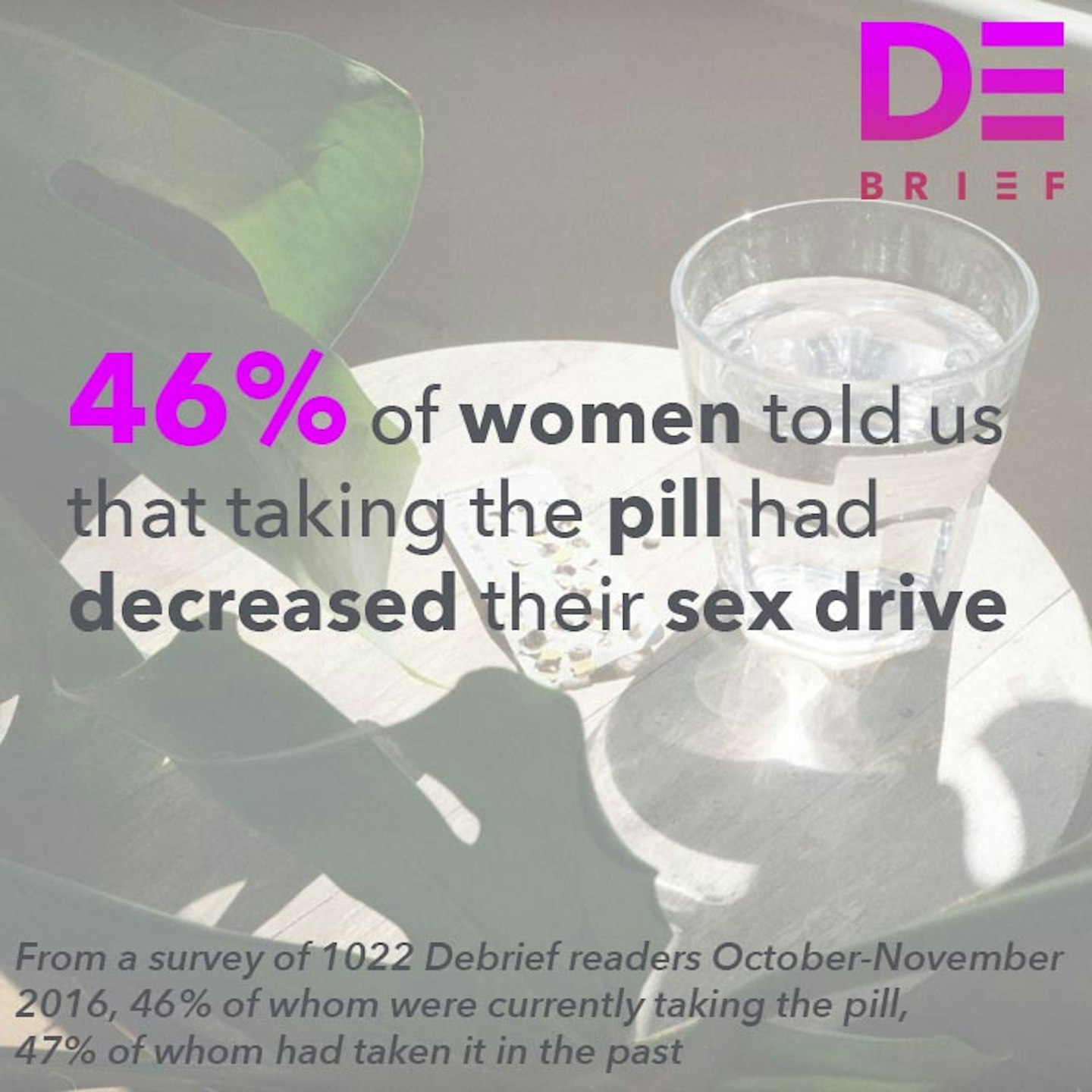 1 of 9
1 of 9Debrief Mad About The Pill Stats
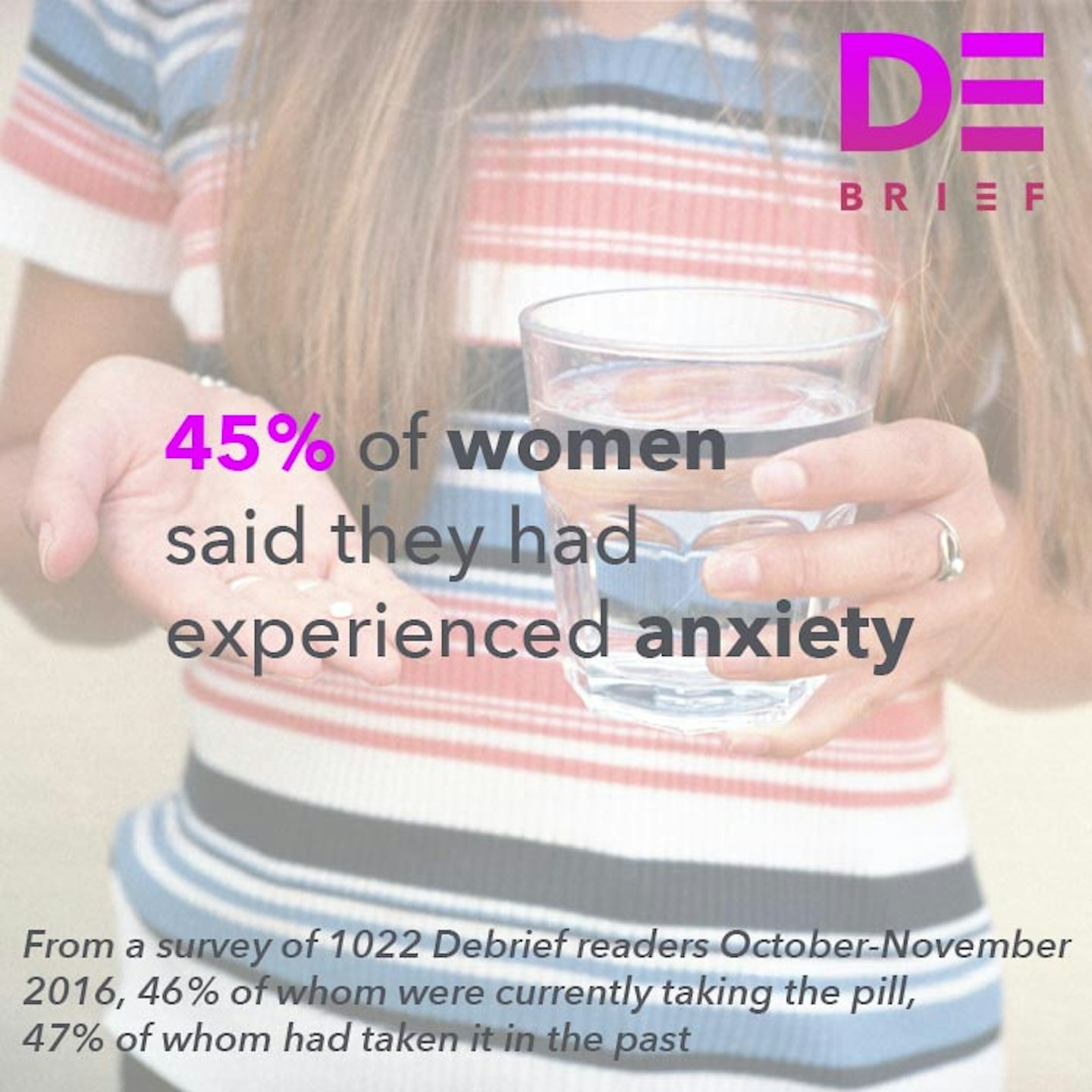 2 of 9
2 of 9Debrief Mad About The Pill Stats
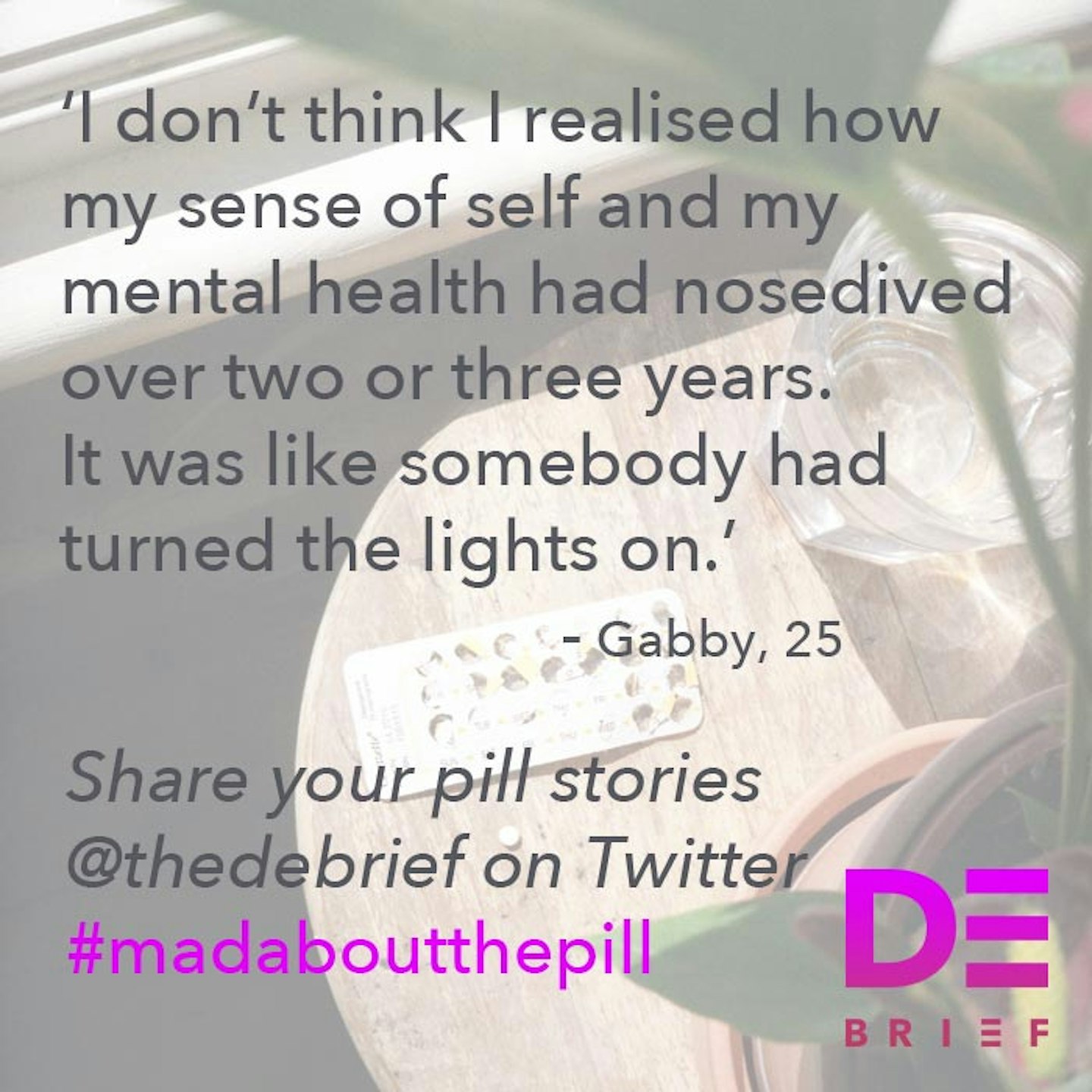 3 of 9
3 of 9Debrief Mad About The Pill Stats
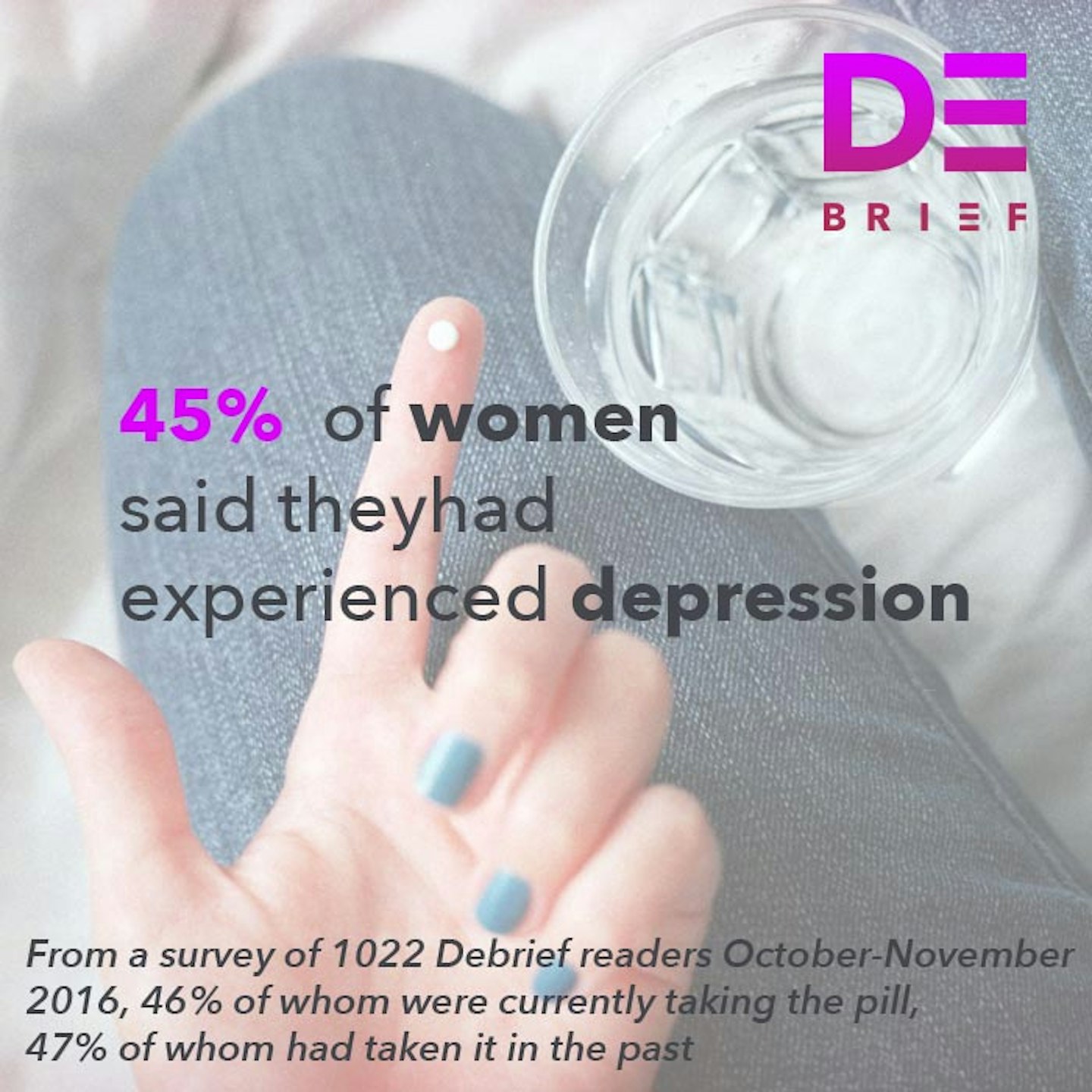 4 of 9
4 of 9Debrief Mad About The Pill Stats
 5 of 9
5 of 9Debrief Mad About The Pill Stats
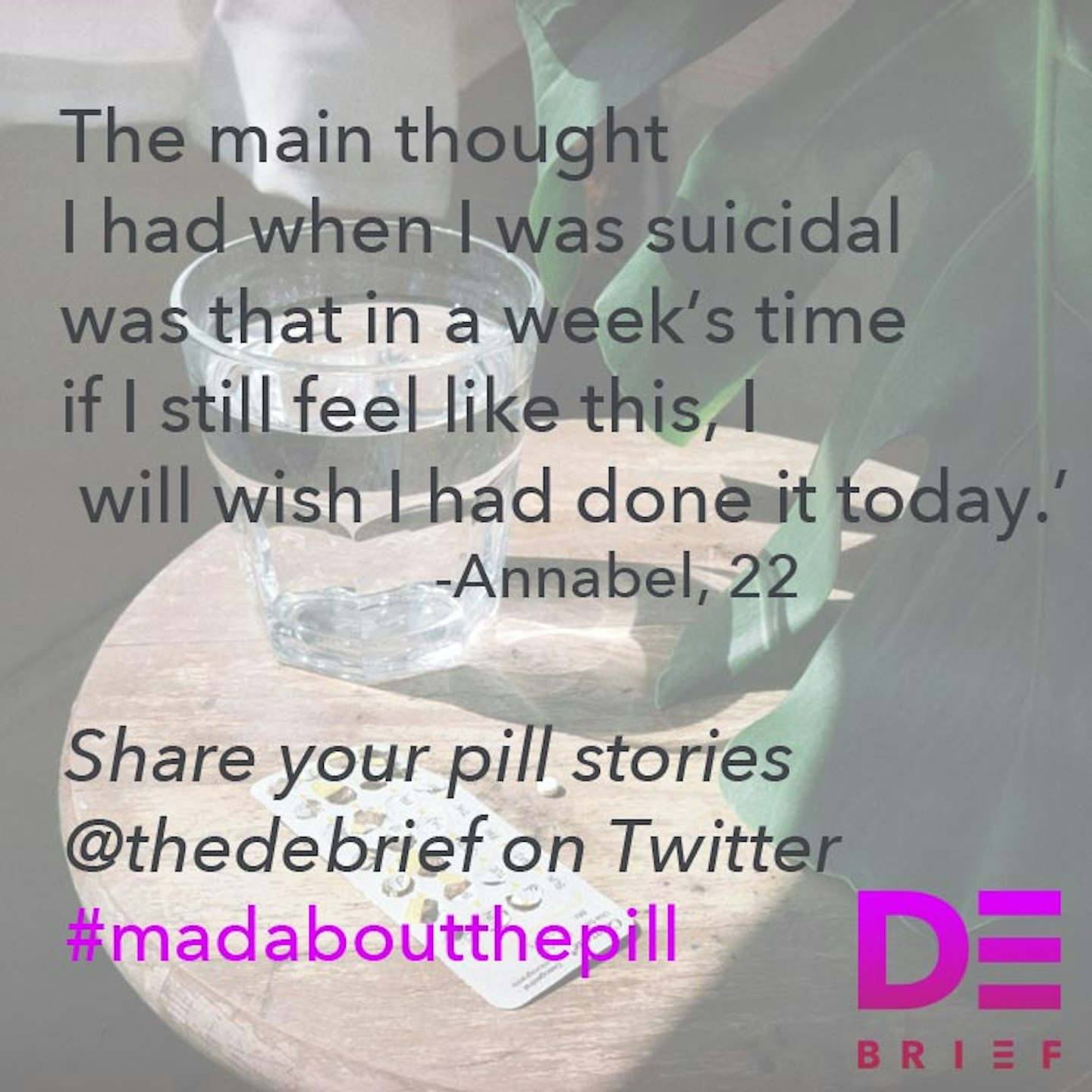 6 of 9
6 of 9Debrief Mad About The Pill Stats
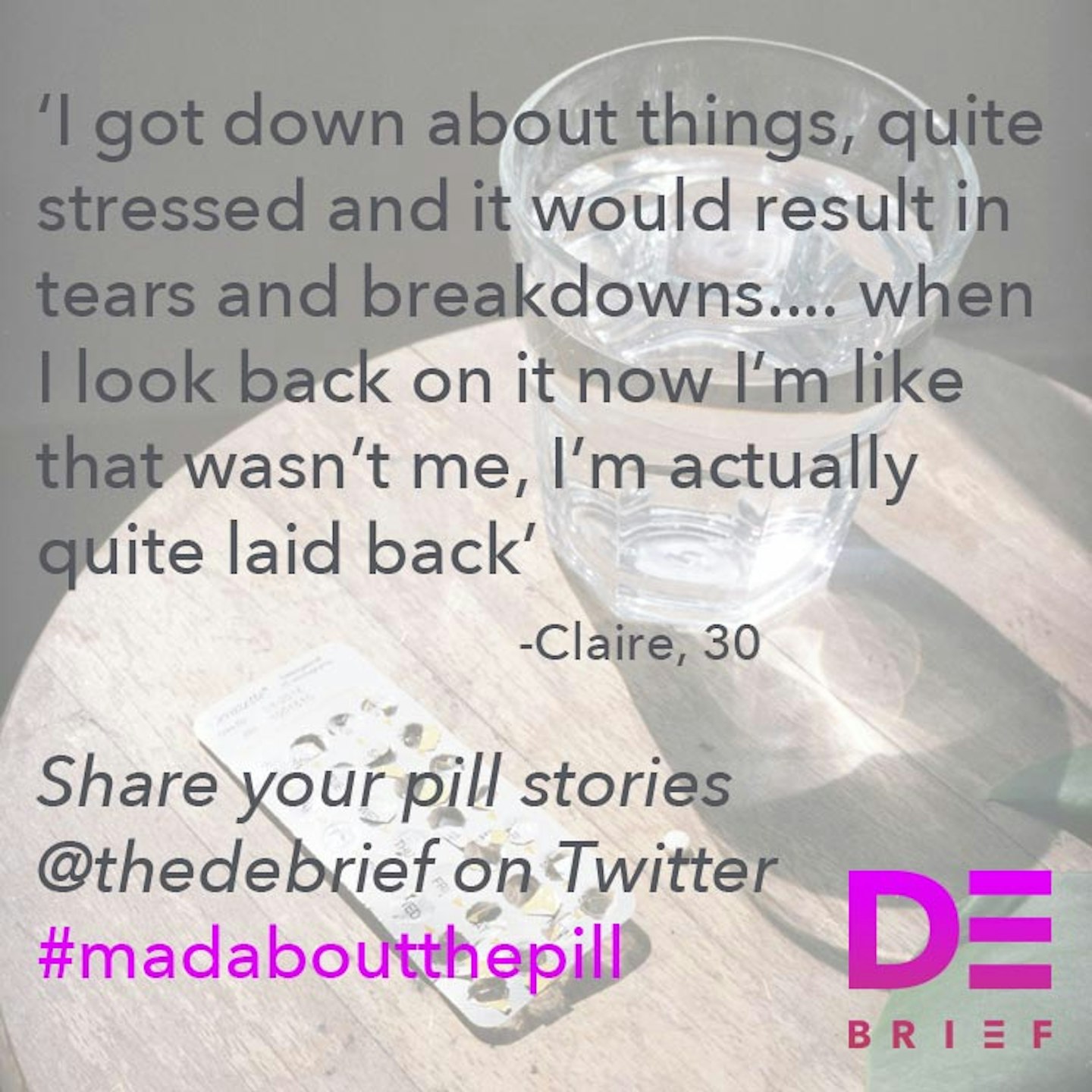 7 of 9
7 of 9Debrief Mad About The Pill Stats
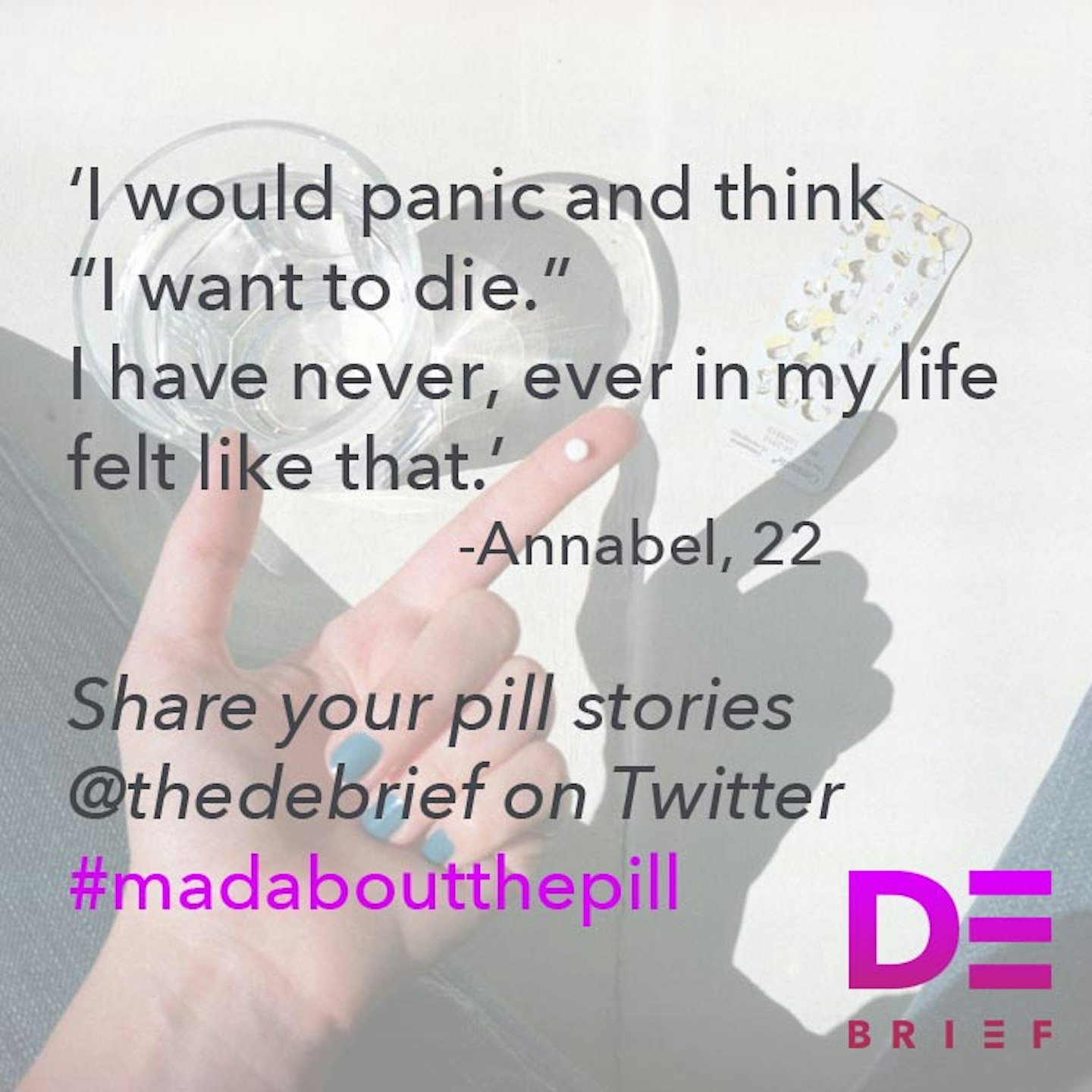 8 of 9
8 of 9Debrief Mad About The Pill Stats
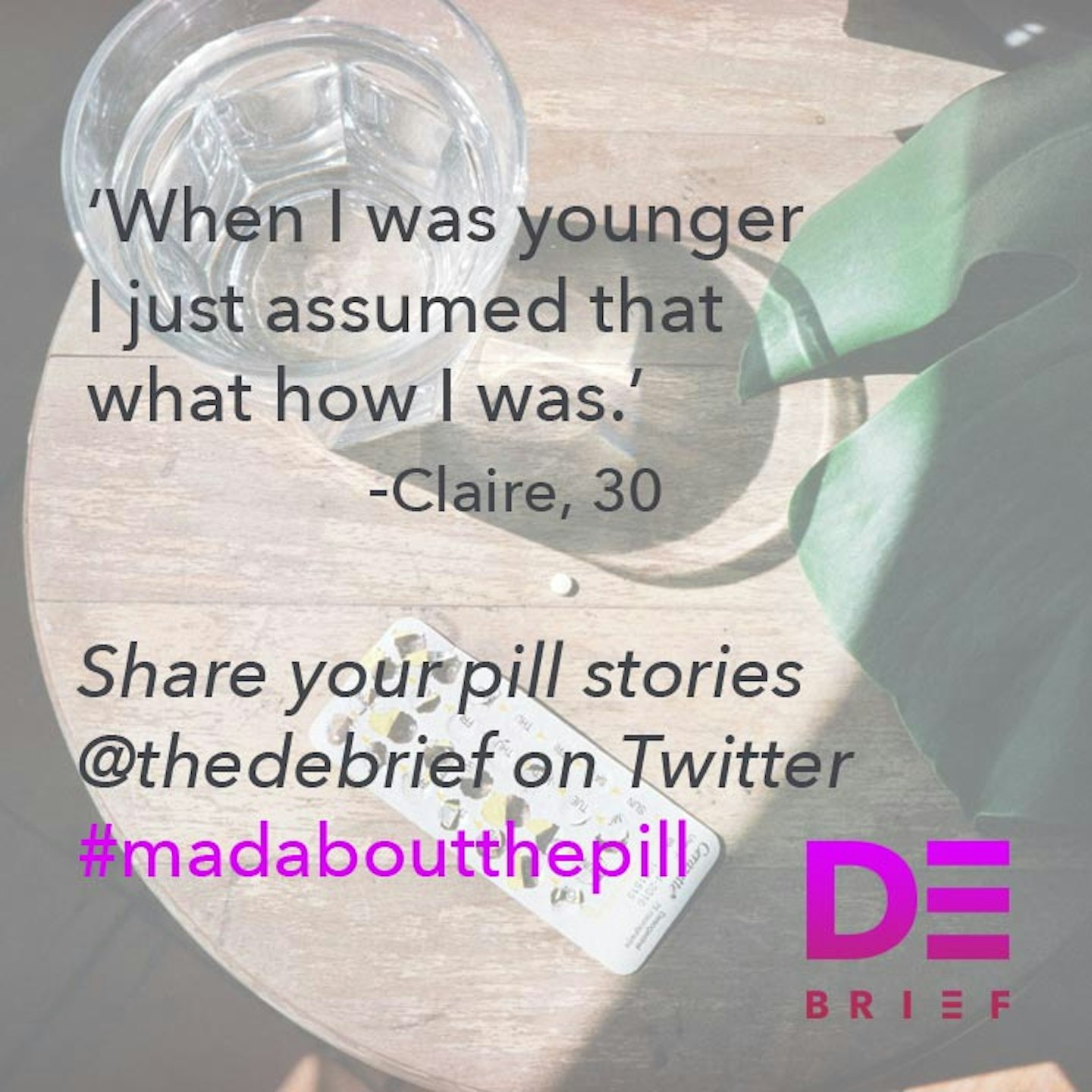 9 of 9
9 of 9